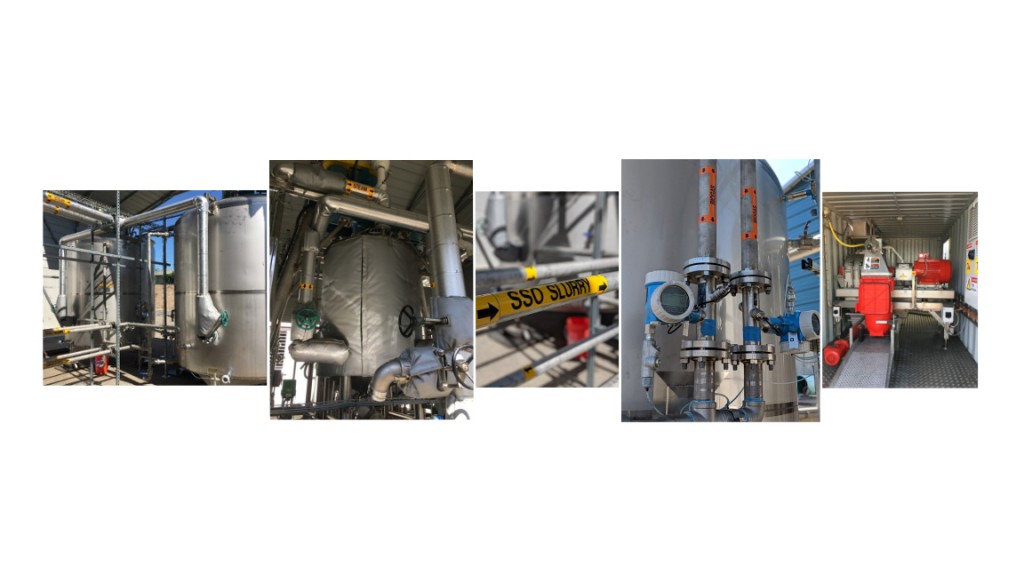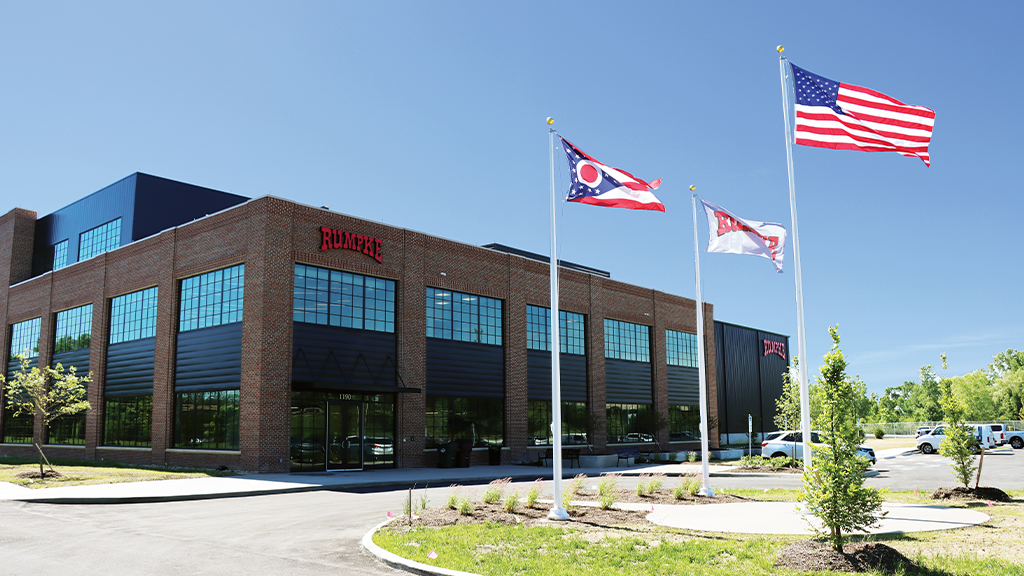Decontaminating source-separated organics for efficient anaerobic digestion
Lystek demonstration project first in U.S. to employ Smicon depackaging unit for AD

Lystek International Limited's multi-year food waste-to-energy demonstration project in Goleta, California has been showing positive results, according to the Waterloo, Ontario based manufacturer.
As the lead project proponent, Lystek is working with the Goleta Sanitary District (GSD), University of California-Santa Barbara (UCSB) and the California Energy Commission (CEC). Lystek received partial funding for this demonstration project from the CEC in 2017 as part of their Electric Program Investment Charge (EPIC) program.
Under this project, source-separated organic (SSO) food waste from the UCSB is pre-processed using an innovative European de-packaging technology (Smicon) and co-digested in mobile skid-mounted anaerobic digesters. One of the project's primary goals is to validate that SSO can be de-contaminated to an acceptable level (typically less than 1%) for efficient anaerobic digestion. The Smicon unit is the first deployment of its kind in the United States. Since equipment commissioning began in August 2019, the unit has provided a clean and acceptable organic slurry for the test digesters.
"The Smicon unit is easy to use, and we are pleased with the quality of the slurry from food waste'" says Jim Dunbar, Lystek General Manager for California Operations who oversees the project. "Even though this is a demonstration sized unit, we believe that the technology can be scaled-up for full commercial-sized operations, similar to existing units in Europe," Jim Dunbar adds.
The anaerobic digesters are being fed at variable rates to document the level of biogas generation from food waste. As part of the CEC grant, the project aims to verify the amount of biogas and the energy conversion potential of SSO processed material. As California moves towards stricter limits on the management of organic waste material over the coming years, energy production is viewed as a favorable alternative to traditional practices, such as landfilling.
"This project has the potential to provide real-world information that other wastewater and solid waste professionals can use to determine how best to manage SSO and food waste material. California is counting on successful demonstration projects such as this one to develop best management practices that others can utilize," says Jim Dunbar.
Over the next few months, Lystek will complete the first phase of the project and submit results to the CEC for future publication. As a continuation of the overall project objectives, Lystek and GSD will investigate the use of Lystek's patented low-temperature thermal hydrolysis process, LystekTHP®, and LysteMize® refeed process for anaerobic digestion optimization. This allows for post-digestion processing of biosolids and recirculation of the processed material, providing improved biogas yield and increased energy generation. This second phase of the project will continue through the remainder of 2020.
"Lystek's continued partnership with the Goleta Sanitary District will provide meaningful data for digester optimization and increased biogas production. This project will outline a path for GSD to realize its mission of reducing its dependency on carbon-based sources of energy. A renewable and sustainable energy supply will further solidify GSD's position as a true resource recovery facility," says Jim Dunbar.
Company info
125 McGovern Drive, Unit #1
Cambridge, ON
CA, N3H 4R7
Website:
lystek.com
Phone number:
226-444-0186



